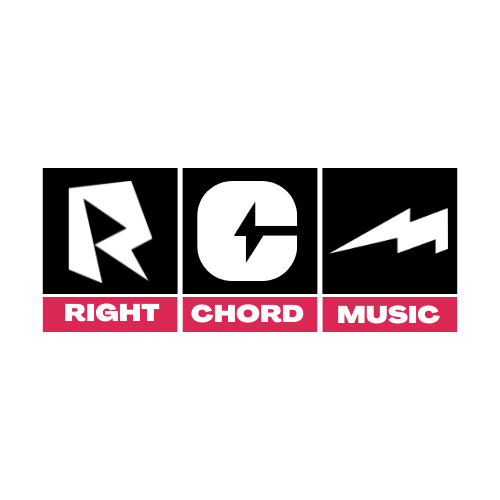Whilst Australia is a big country by size, by population, it is relatively small, with just under 24 million people. On the world stage, Australia tends to produce more than its fair share of sporting prowess, musical talent, and, well… small-minded racist politicians. In this article, we take a look at Australian radio.
The phrase ‘big fish in a little pond’ is a good way to describe the current environment when it comes to Australian music radio. The main player, or the Big Fish, is Triple J, which has for over 40 years been a dominant force on the musical landscape. The ‘little fish’ are numerous, many of them fantastic, and increasing in number thanks to the relatively recent introduction of digital radio.
Community stations have always been great for both musicians and music lovers. Lots of artists get their first play, interview, or on-air performance via community radio. RRR in Melbourne and Fbi in Sydney are both long-standing and highly influential community stations and are vital sources of new great music in their respective cities.
Like most places in the world, Australia has an overabundance of awful commercial radio, playing the same ten terrible pop hits over and over in the hope of creating the most advertising revenue. These can be quickly discounted when talking about music stations, because they are not.
Triple J
Triple J, the national, government-funded, youth-orientated station is and has been for many years, a very large part in the vibrant music scene in Australia. It is particularly powerful for emerging artists, and most national and international success stories have in part ‘the j’s’ to thank for their success.
The station has done an immeasurable amount of good for musicians, music fans, regional communities, as well as providing a voice for those excluded from what is considered ‘the mainstream’. However, it is a station that seems to attract a great deal of controversy and negative attention.
Artists whose music gets overlooked are quick to criticise the station for a lack of vision, as does the music press, always happy to jump on a negative story. The playlist does not suit everyone’s taste, some accusing the station of becoming ‘too mainstream,’ a judgement that perhaps too skewed by personal taste to be taken seriously.
Much of the criticism stems from the classic Australian past-time of cutting down the tall poppy, something than many bands find problematic as soon as they enjoy a level of success. Certain types of music listeners are very quick to discard a band or artist once they have achieved any level of success;
“Yeh, I really liked them when they released their double z-side on binface records. There were only 5 copies that were stuck to the bottom of a bus, I kind of felt they sold out after that.”*
Double J
On digital radio, Triple J has now been joined by two sister stations. Double J is really just Triple J for the over 30’s, still featuring great new music, but aimed a little more towards an older demographic (Bon Iver, Nick Cave & the Bad Seeds, and PJ Harvey all had their most recent releases featured)
As well as Double J, there is Triple J Unearthed radio, a station that plays nothing but new and unsigned, independent artists, all taken from the unearthed website. This amazing resource has been a starting point for the likes of Flume, Courtney Barnett, Matt Corby, and Tkay Maidza just to name a very impressive few.
The main problem with Triple J being such a dominant force in Australian music, is what happens if it suddenly ceases to exist? In the current increasingly unpredictable political climate, what if a current of future short-sighted government sees no value in supporting music, the arts, and an alternative view to the mainstream media?
In other words, if the ‘Big Fish’ is suddenly removed, who will be able to fill the massive void that is created? The answer is, sadly no-one. In theory, Triple J could adopt the community radio model of public subscriptions, in addition to the revenue already created by merchandise sales, but there would be no guarantee of continuity, or longevity.
So whilst having the ‘Big Fish’ does can create problems, Australian music is by far better off with it than without, and it would certainly be a welcome addition to any other pond.
*not an actual quote, record label, or release schedule*
Image. Alex The Astronaut. One of Triple J Unearthed’s One’s To Watch for 2017
Words. Nicholas Cheek.









